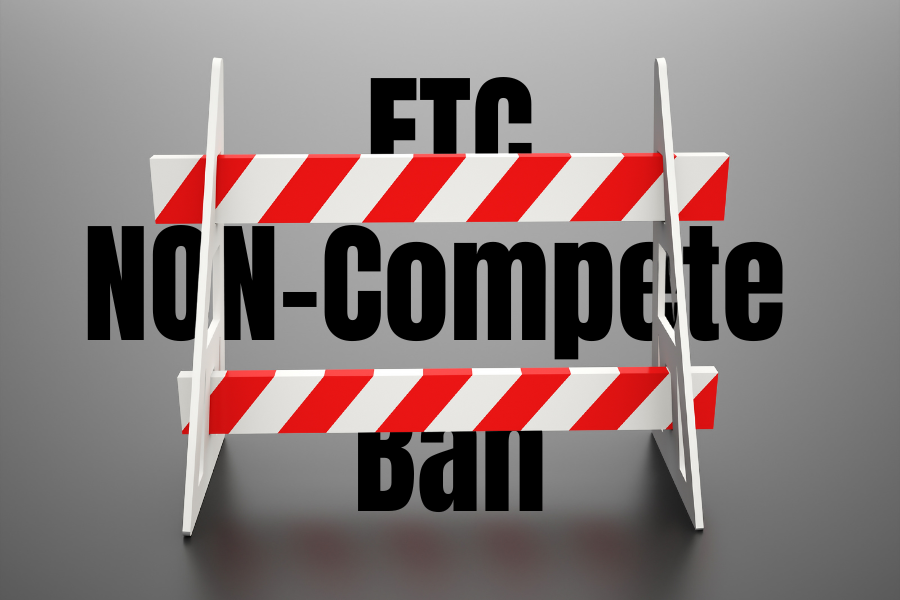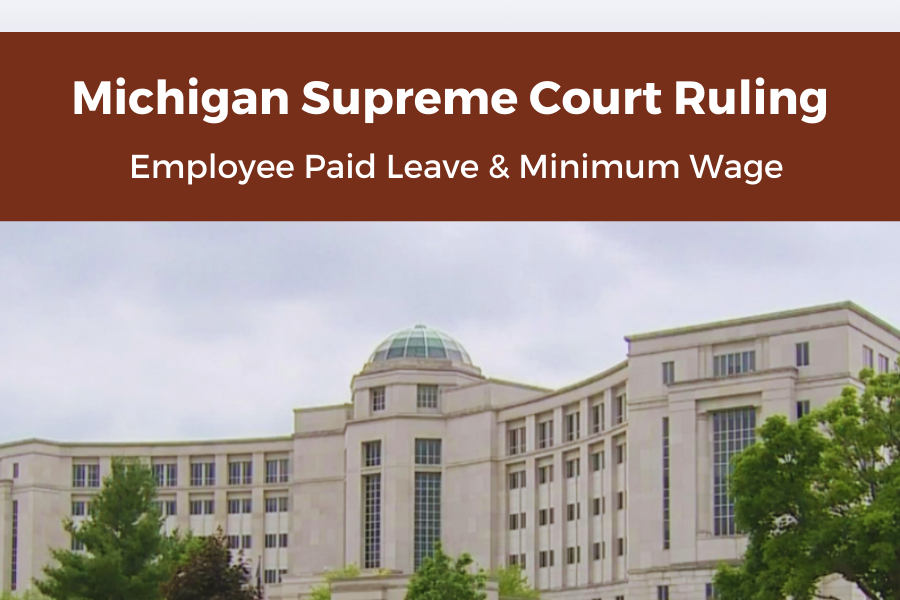By: Mark A. Rysberg
A conversion clause arises in the context of contract termination. There are generally two types of termination; termination for cause and for convenience. Each type of termination differs with respect to the basis for termination, as well as the limitations on payment rights the terminated party retains post-termination. A conversion clause operates to convert a wrongful termination into a termination for convenience. The following is an example of a conversion clause.
If it is determined, by litigation, arbitration or otherwise, that termination for default was unjustified for any reason, the termination shall be deemed a termination of convenience and Subcontractor’s remedies shall be limited to those provided for as a termination of convenience.
In a practical sense, these clauses protect a party that terminates a contract for cause by nullifying the effect of a possible wrongful termination. The exposure for damages is, in turn, limited to the amount that is required to be paid as if the contract had been terminated for convenience.
Typically, the amount owed for a termination for convenience will be much less than the damages for a wrongful termination as the termination provisions in a contract will typically limit the amount owed in a termination for convenience situation to the amount of the work properly performed at the time of termination. In contrast, damages for a wrongful termination could include lost profits on the entire contract irrespective of whether the work was performed.
Contractors and subcontractors that have both upstream and downstream relationships should be on the lookout for these types of clauses. When they are encountered in an upstream contract, they should be included in any downstream contracts covering portions of that scope of work. The reason being is to eliminate the possibility of being faced with a wrongful termination claim by a lower-tier contractor while simultaneously having recovery limited in a claim against an upstream contractor. A best practice would be to review each contract you are presented with and coordinate the terms therein with the terms of any contract you in turn issue downstream.
If you enjoyed this article, you may also like “Construction Contract Clauses, Part 4 – Express Trust Clauses.”










